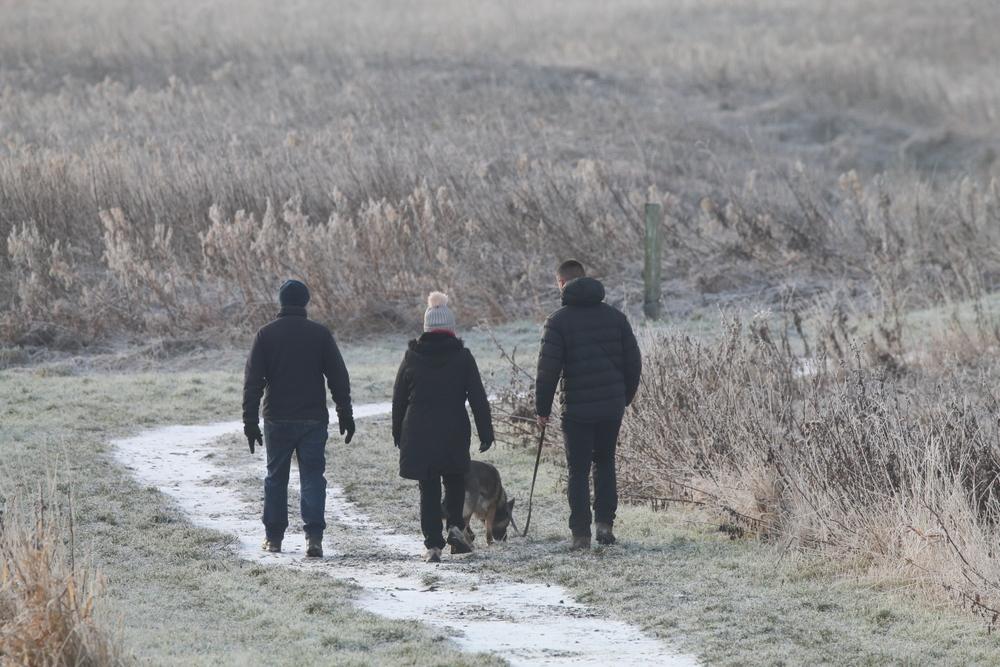World Suicide Prevention Day
Mental HealthWorld Suicide Prevention Day (WSPD) was established in 2003 in conjunction with the World Health Organisation (WHO) and is a significant advocacy and communication based event aimed at reaching national organisations, governments and the general public, giving a singular message that suicide can be prevented.
WSPD Ribbon
In 2016, alongside our partners, IASP launched a universal suicide prevention awareness ribbon in the hope that the suicide prevention awareness ribbon would become globally recognisable much like other ribbons for other worthwhile causes are.
Following a review of ribbons and colours used to signify suicide prevention awareness around the world, yellow and orange were the two predominant colours that stood out and the ribbon was therefore put together using these colours.
What is Suicide
Suicide is when someone ends their own life. It’s a very tragic response to difficult situations and feelings, perhaps most tragic because it is preventable.
Risk factors
There is no single reason why people die by suicide. People think of suicide for many different reasons. Sociological, economical, psychological and genetic factors can contribute to a person being at greater risk of suicide.
A risk factor might include:
- difficult life events, such as a traumatic childhood or experiencingphysical or emotional abuse,
- something upsetting or life changing such as a relationship endingor a loved one dying,
- misusing drugs or alcohol,
- living alone or having little social contact with other people,
- having a mental health condition such as depression
- self-harming,
- having a physical health condition, especially if this causes chronic pain orserious disability,
- problems with work or money,
- being a young person, or
- being a middle-aged man
Myths and facts about suicide
While suicide awareness and prevention has come a long way over the past decade, some common myths about suicide still exist. Myths are not helpful, they feed in to the stigma and discrimination surrounding suicide. Stigma and discrimination may stop us from recognising when someone is at risk or giving appropriate support. Below are five common myths about suicide, expand the box to learn the facts about each one.
Myth: Talking to someone about suicide could make them more likely to end their life
Fact: Talking about suicide won’t make somebody’s suicidal thoughts worse or make them more likely to harm themself. Starting a conversation about suicidal thoughts can help with suicide prevention by creating a safe space for them to talk about how they are feeling. You may also use this conversation as an opportunity to explore support options, such as professional support.
Myth: If a person is serious about ending their life, they can’t be helped
Fact: While suicide is a serious public health problem, a lot can be done to prevent it with timely support
Myth: If a person is talking about their suicidal thoughts, they won’t act on them
Fact: Talking about suicide can be a plea for help. Don’t assume that someone wont attempt to take their own life if they talk about suicide. Always take suicidal feelings seriously.
Myth: You have to have a mental illness to think about suicide
Fact: One in five people have thought about suicide at some point in their life. Not all people who die by suicide have a mental health condition. Though people living with a mental illness are generally more likely to feel suicidal, and make an attempt.
Myth: When someone dies by suicide, they have ‘committed’ a crime
Fact: Suicide has not been illegal since 1961 in England and Wales. The use of the phrase ‘committed suicide’ is no longer appropriate and can add to the stigma around suicide. Suicide is a delicate topic and careful thought should be given to the language used. Avoid using language that causes distress to bereaved family and friends, or that glorifies or sensationalises suicide. Think about using phrases such as ‘taken their life’ or ‘died by suicide’.
Features content sourced from the International Association for Suicide Prevention (isap.info) and Mental Health UK (mentalhealth-uk.org).











































































































